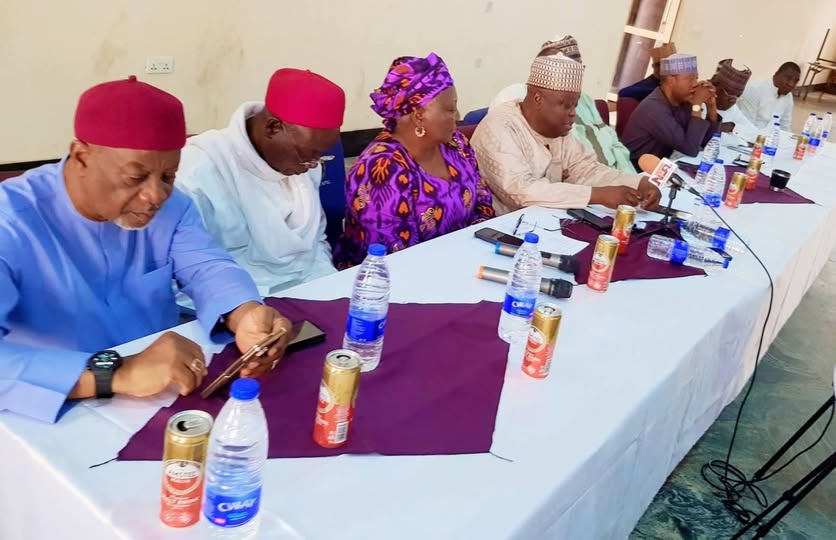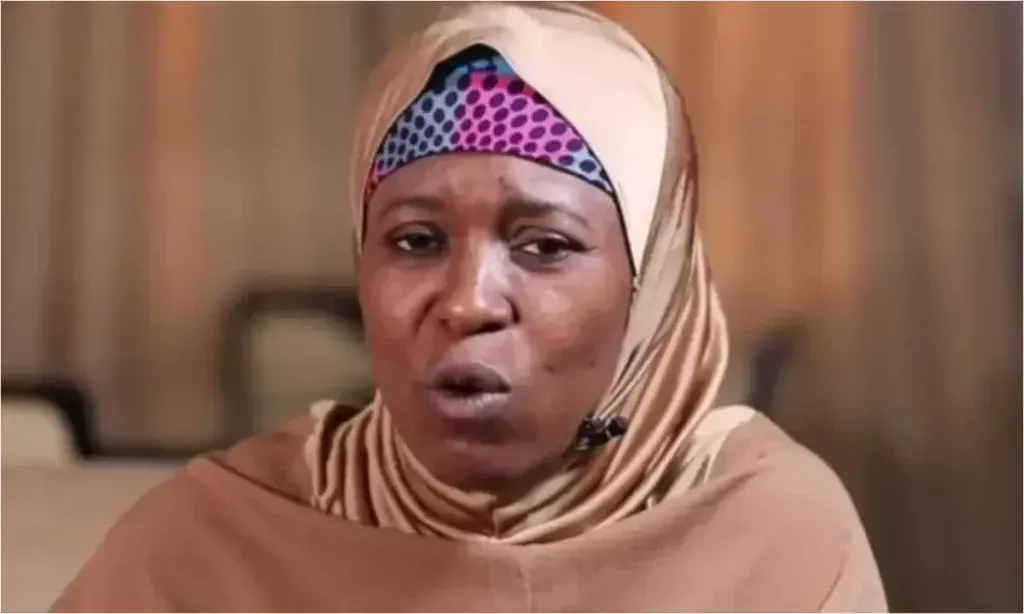A Nigerian human rights organization has raised alarms over a state government’s push to replace military personnel with police in volatile regions, warning the move could enable further violence amid escalating tensions. The Muslim Rights Concern (MURIC) accused Plateau State authorities of harboring “sinister motives” after Governor Caleb Mutfwang’s Special Envoy on peace and security called last week for troops to withdraw from conflict zones in favor of mobile police units.
Prof. Ishaq Akintola, MURIC’s Executive Director, questioned the logic of reducing military oversight in areas plagued by persistent killings. “Why would a state grappling with extreme violence seek to remove soldiers from crisis hotspots? It makes no sense,” he said in a sharply worded statement Tuesday. The group alleged a pattern of state-backed cover-ups of atrocities, including massacres, arson, and looting, and accused local officials of using “deception and manipulation” to obscure accountability.
The criticism comes amid long-standing communal clashes in Plateau, part of Nigeria’s ethnically diverse North Central region, where disputes over land, resources, and political influence frequently erupt into deadly conflict. MURIC claimed women in some communities have coordinated with armed groups, staging protests to demand troop withdrawals while allegedly concealing local involvement in attacks. The organization further argued that pushing for mobile police—a branch historically dominated by recruits from Plateau and neighboring states—would create a flawed security framework favoring local interests.
“Replacing soldiers with police units disproportionately staffed by indigenes of this region risks entrenching bias,” Akintola asserted, stressing that only impartial military oversight could ensure security operations remain transparent. The group also criticized peace initiatives as “lopsided,” alleging committees tasked with resolving conflicts exclude key stakeholders.
Plateau State authorities have yet to publicly respond to the allegations. The controversy highlights broader challenges in balancing local governance with federal security interventions in Nigeria’s conflict zones, where mistrust between communities and institutions often complicates peace efforts. Military forces have been deployed in Plateau and other states to quell violence, but their presence remains contentious, with critics citing human rights concerns and supporters emphasizing their role in deterring mass attacks.
MURIC’s statement underscores deepening divisions over how to address cyclical violence in the region, with the group insisting that “enduring peace requires neutral, balanced oversight”—a demand likely to intensify debates about security strategies in Nigeria’s most unstable areas.



